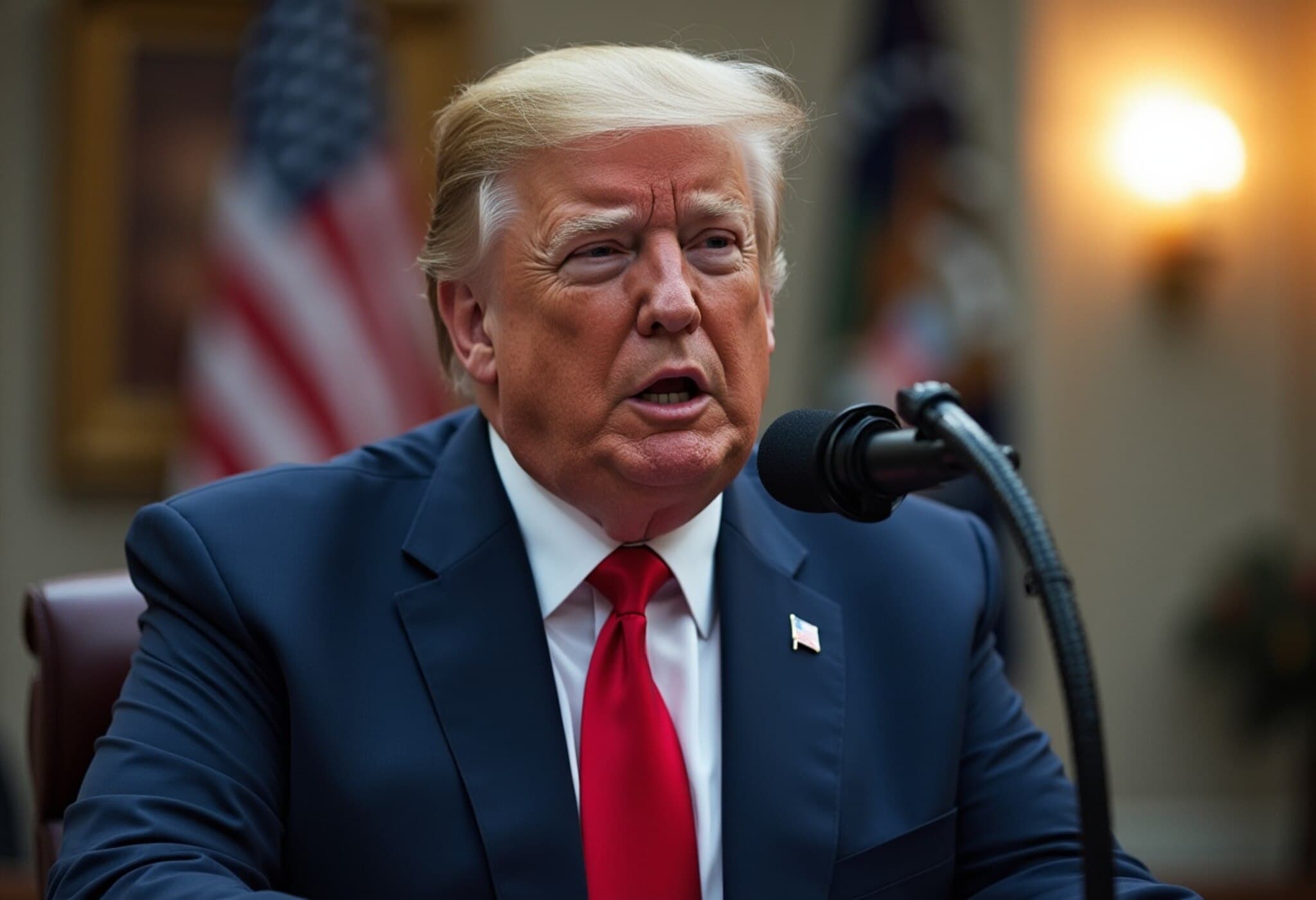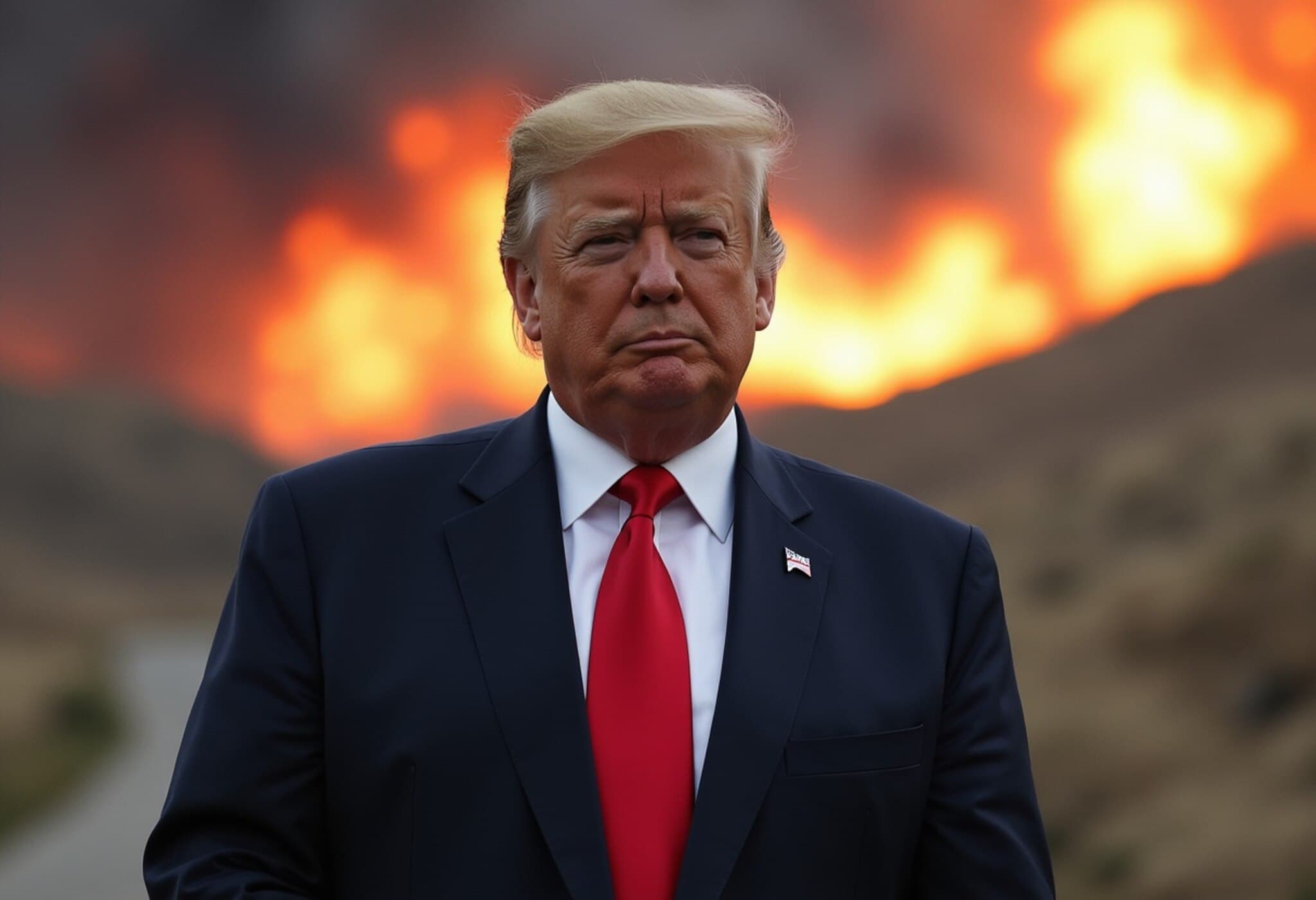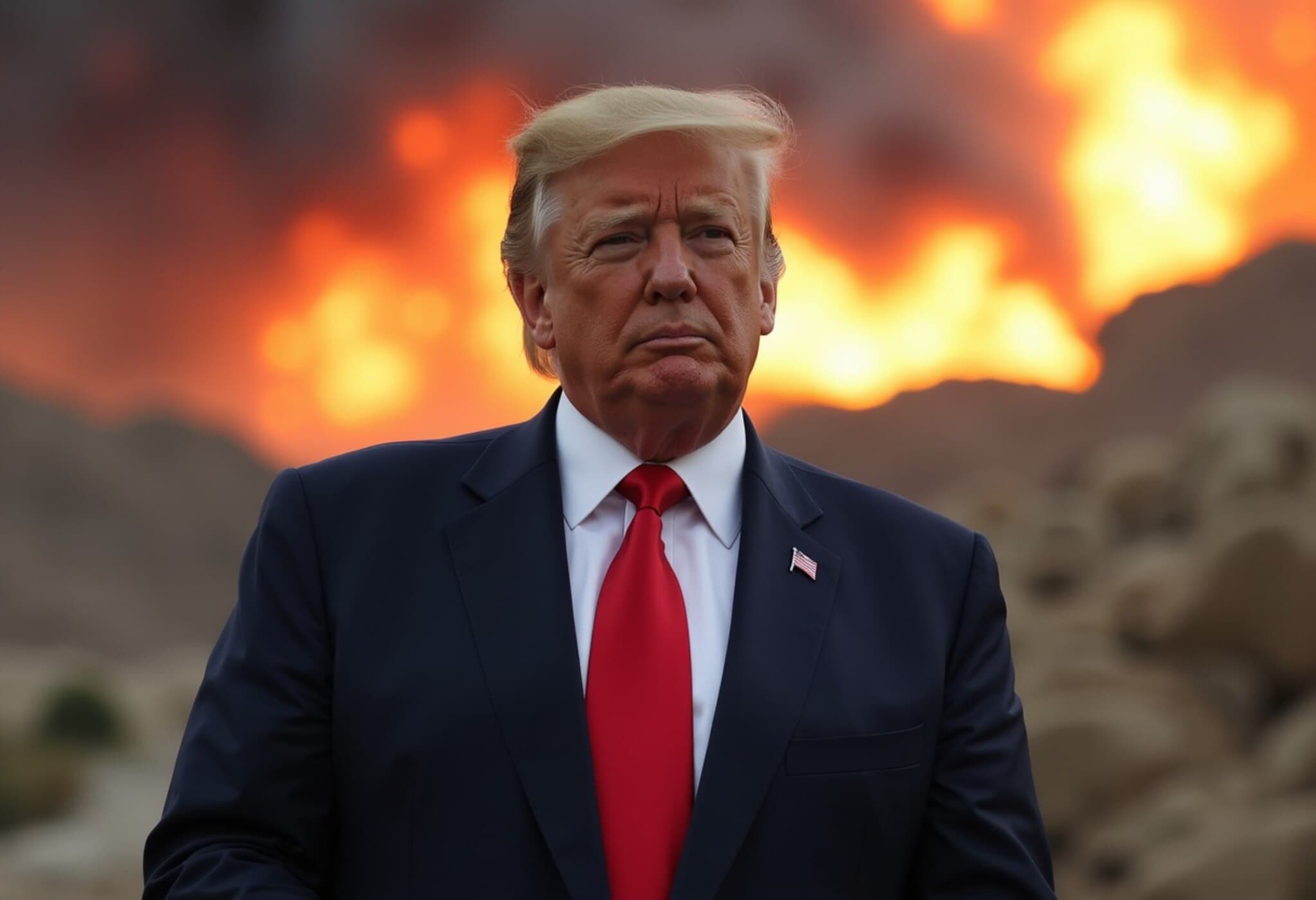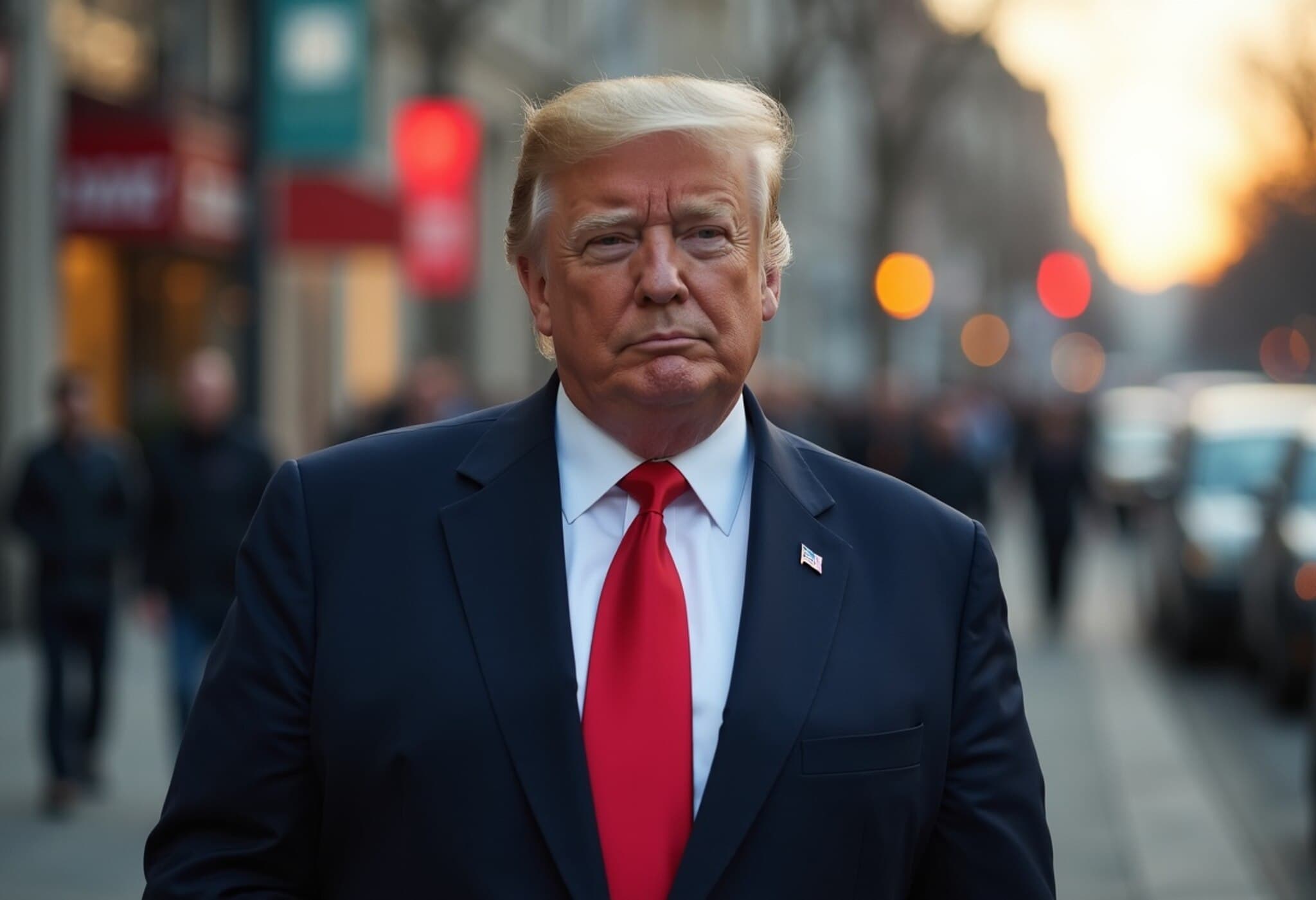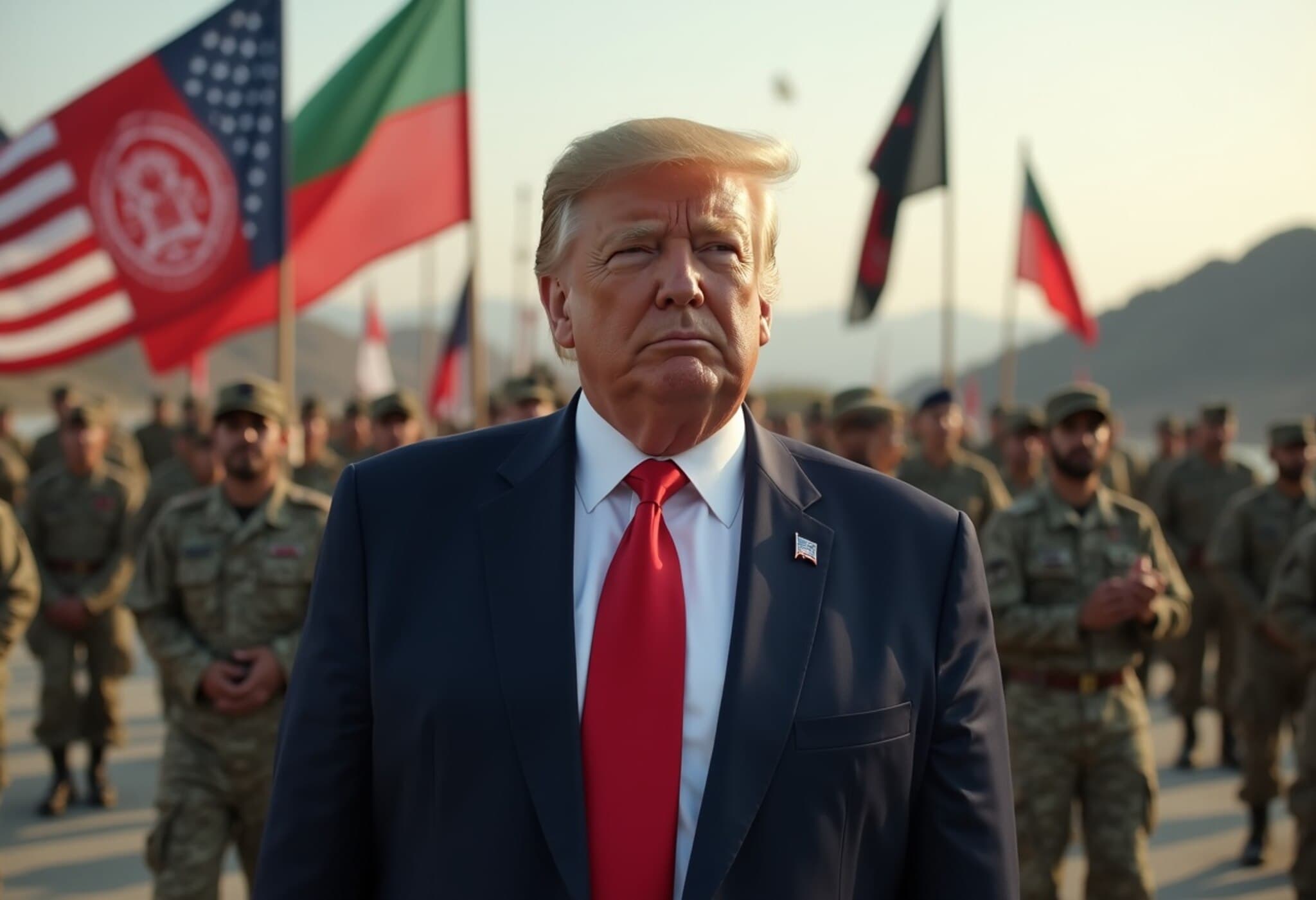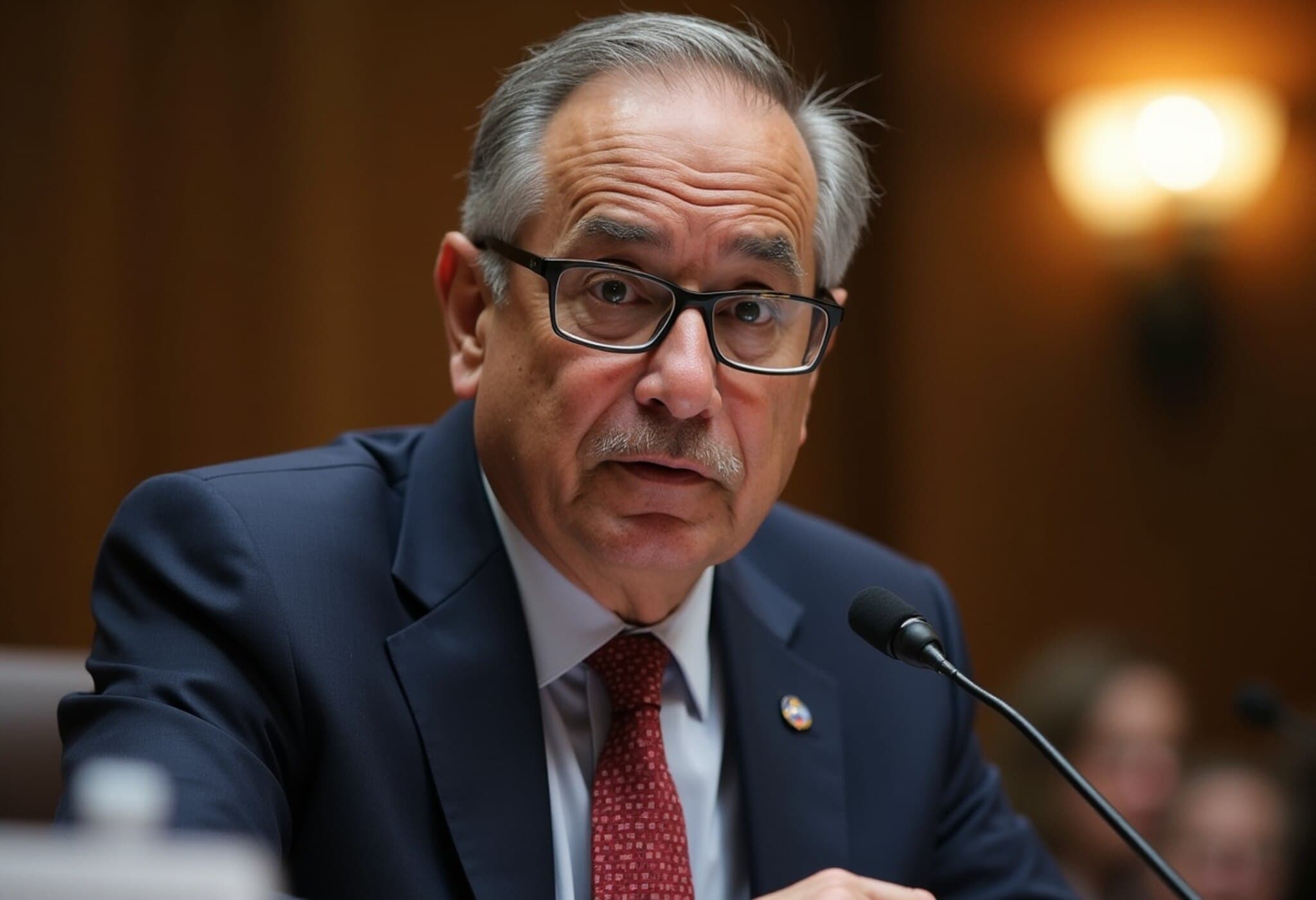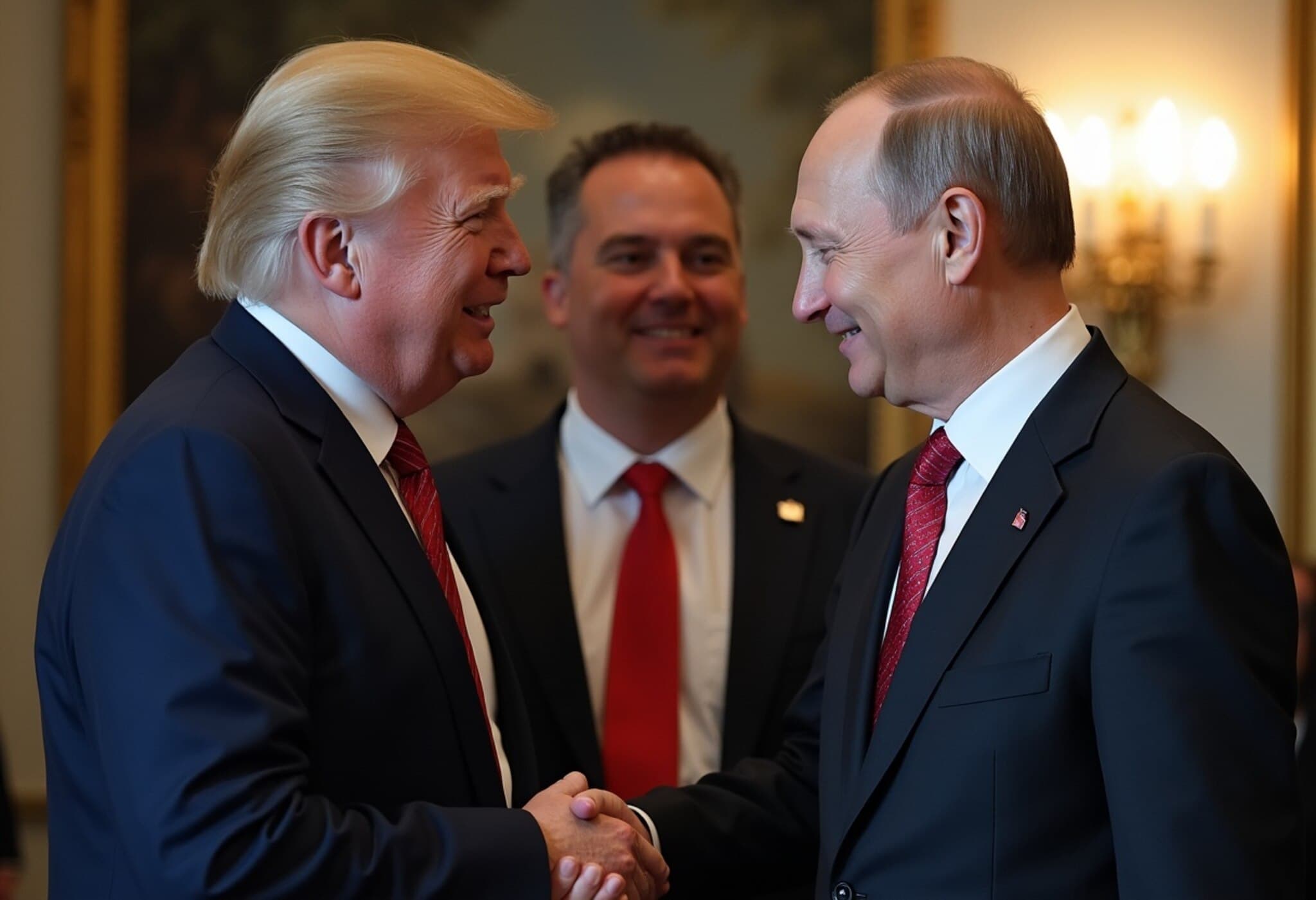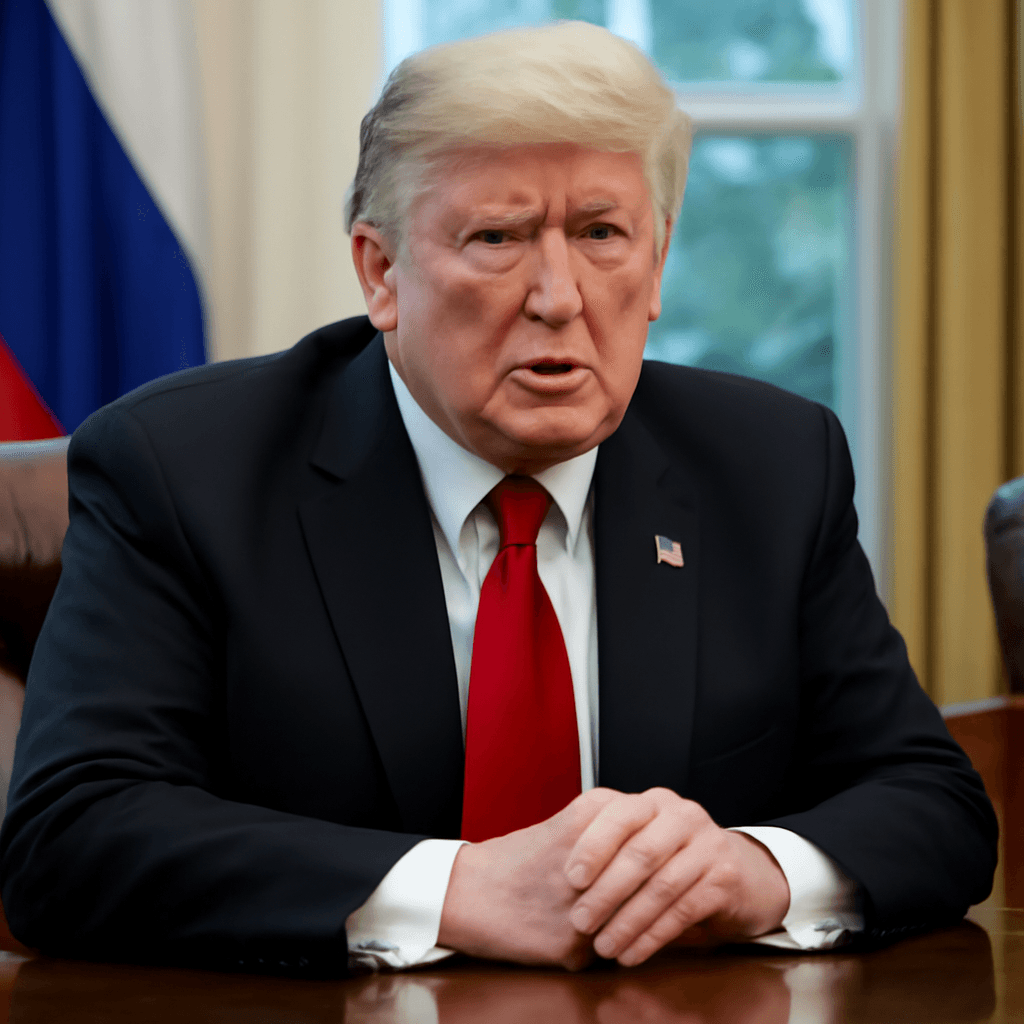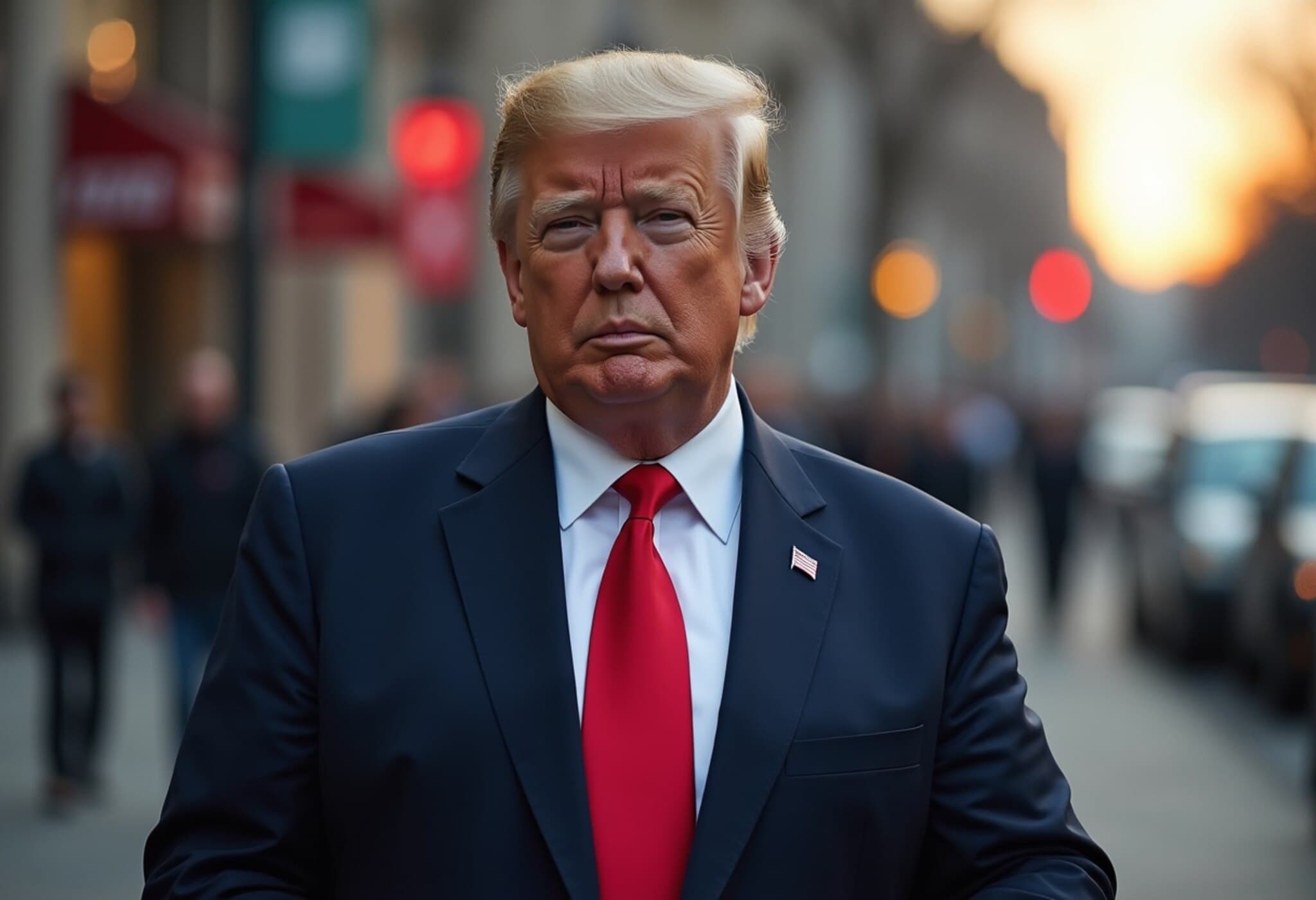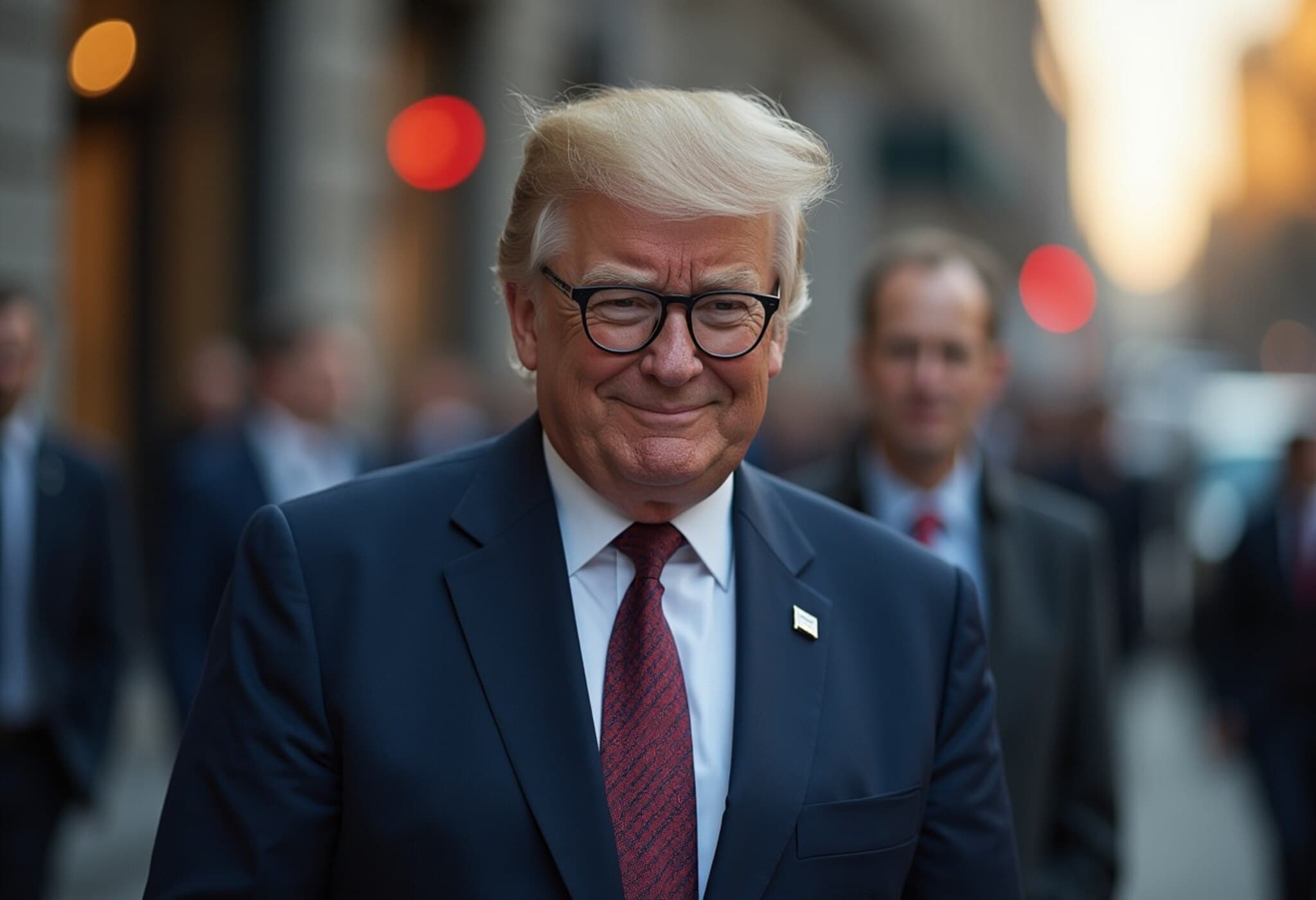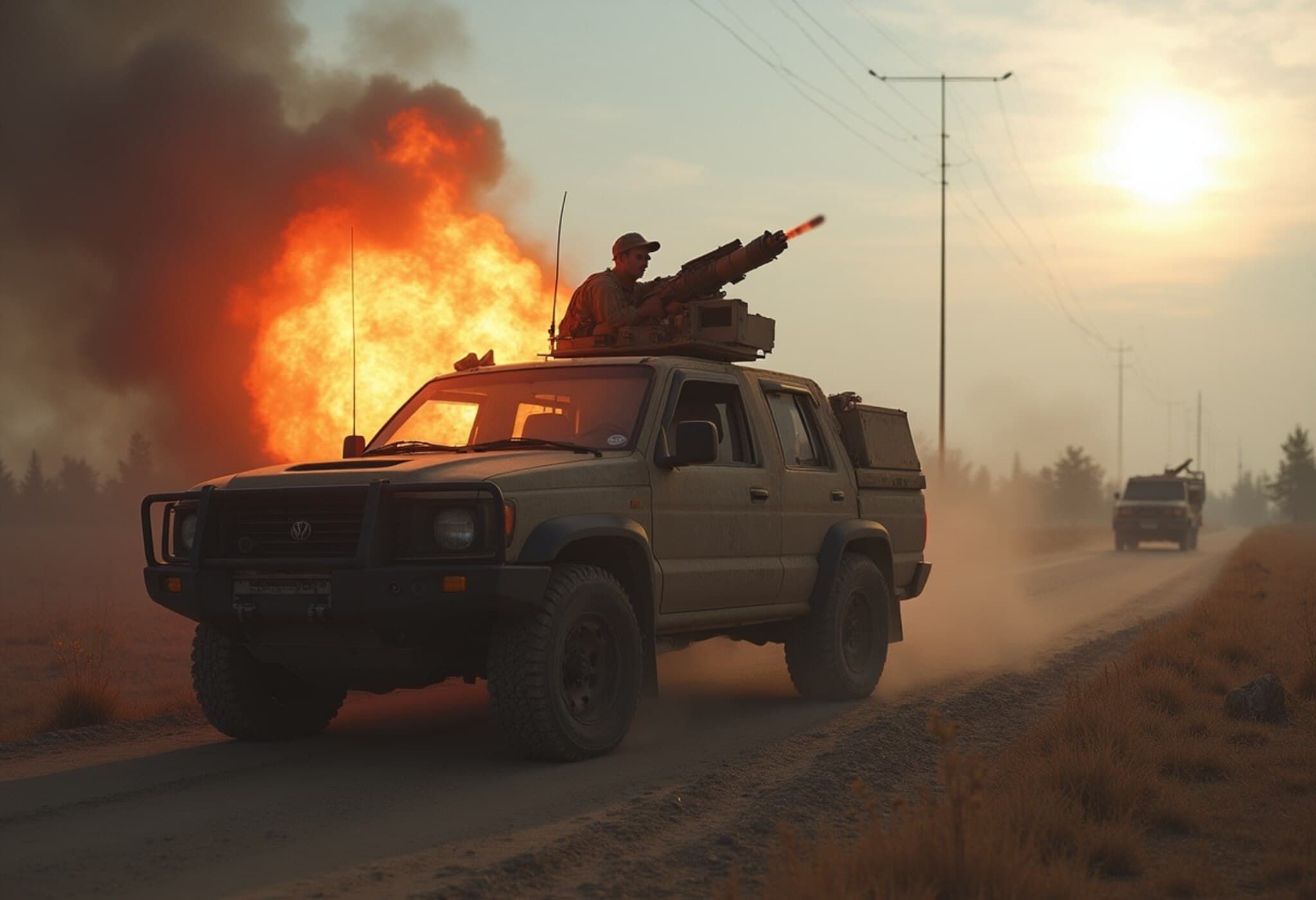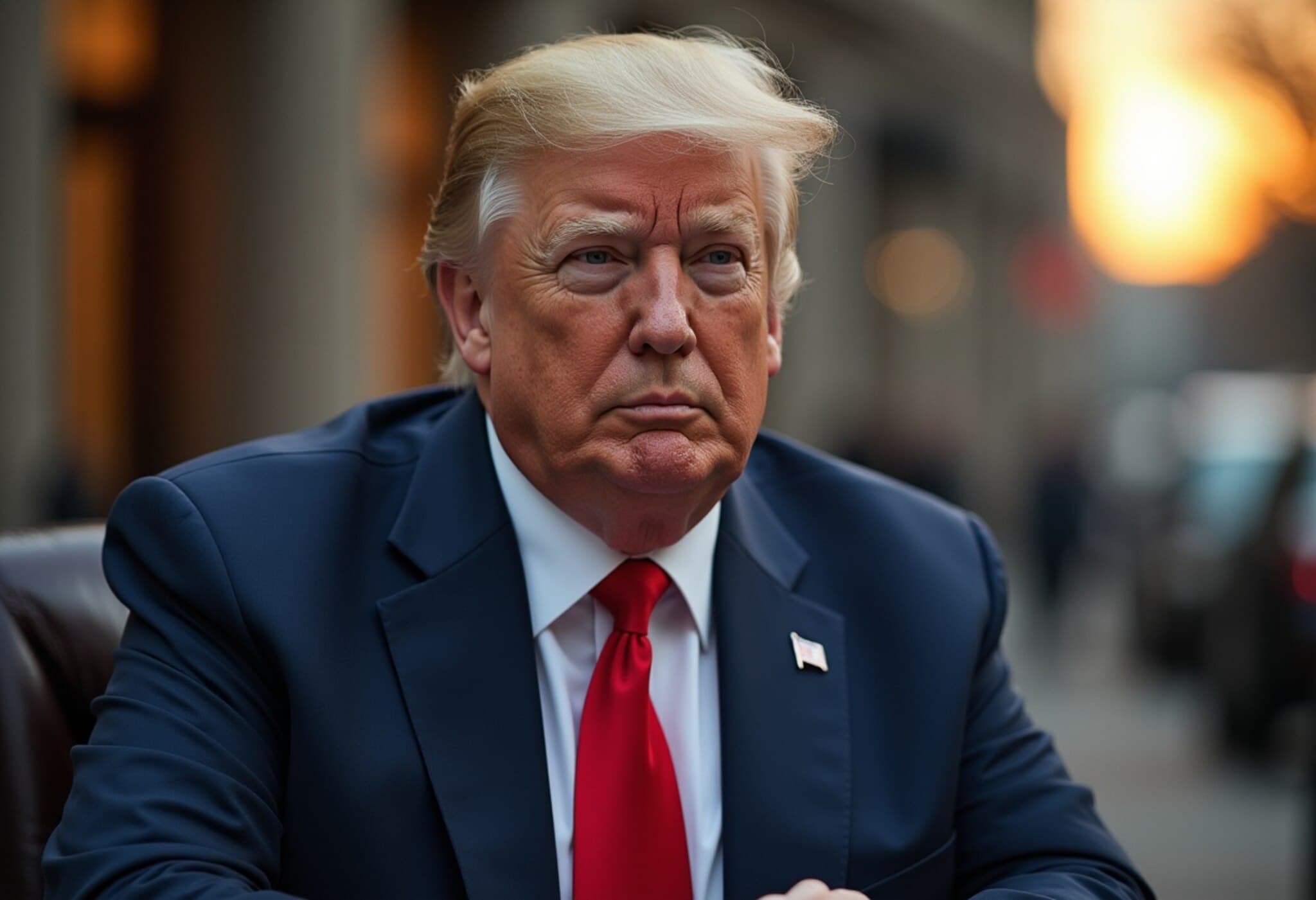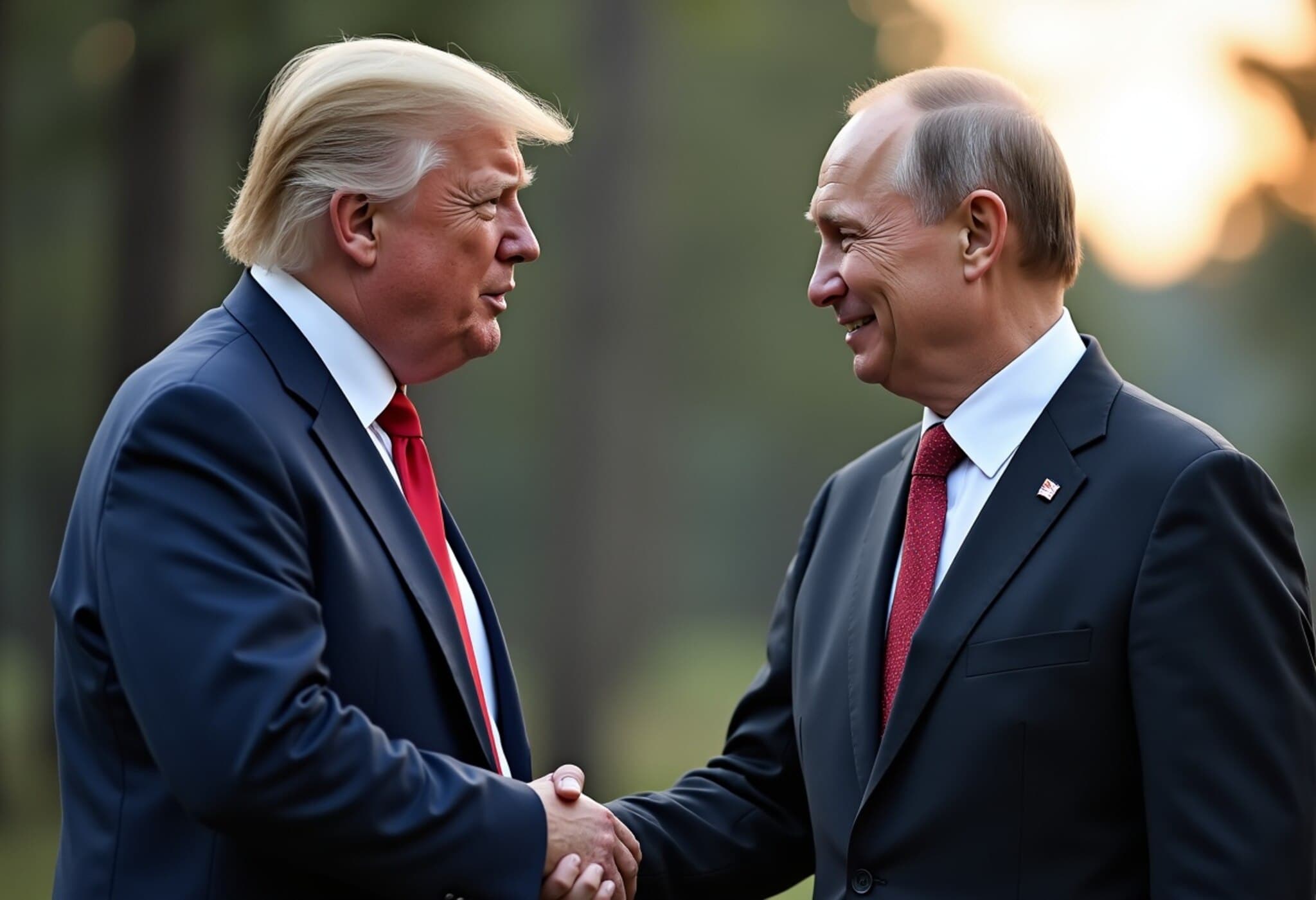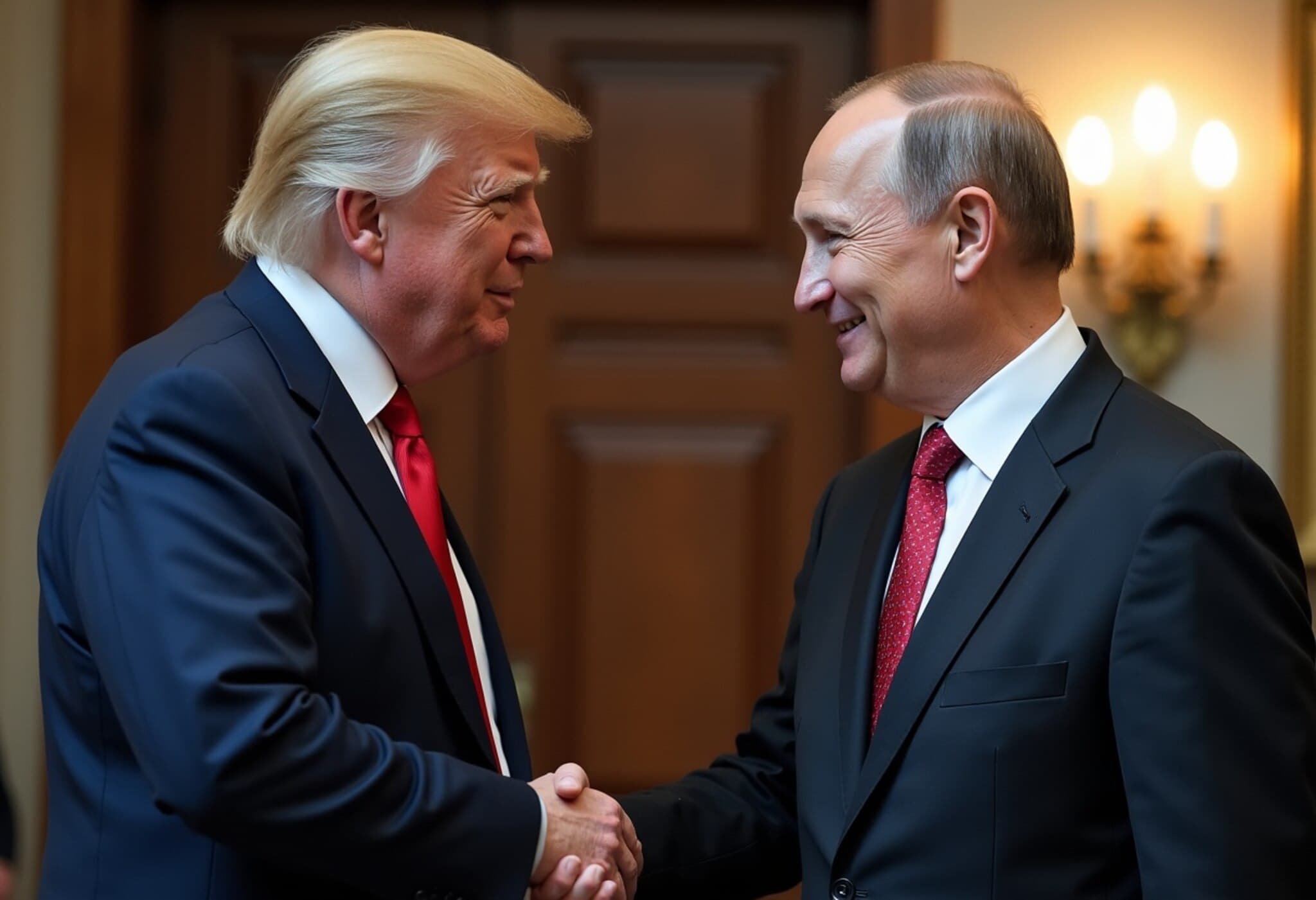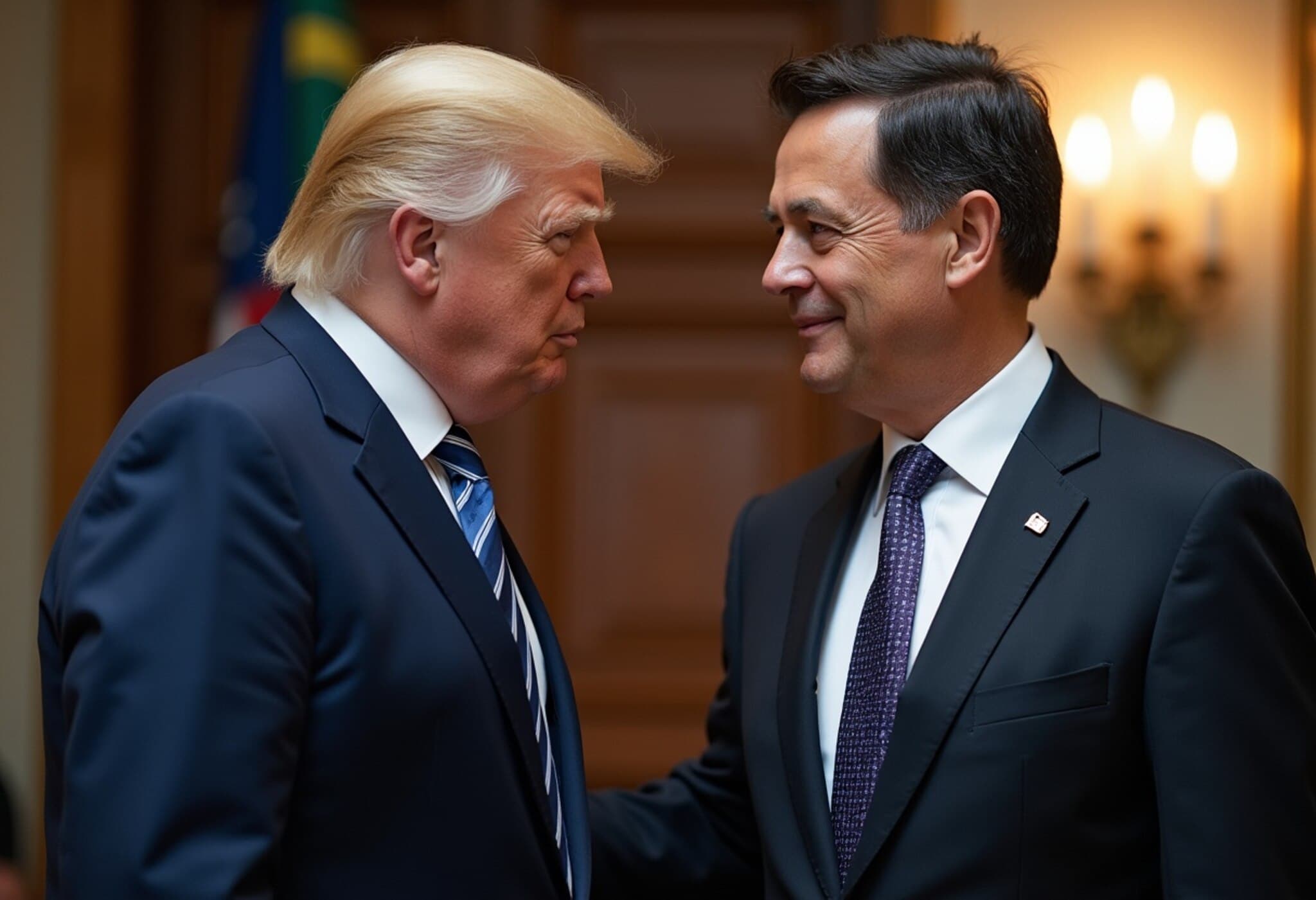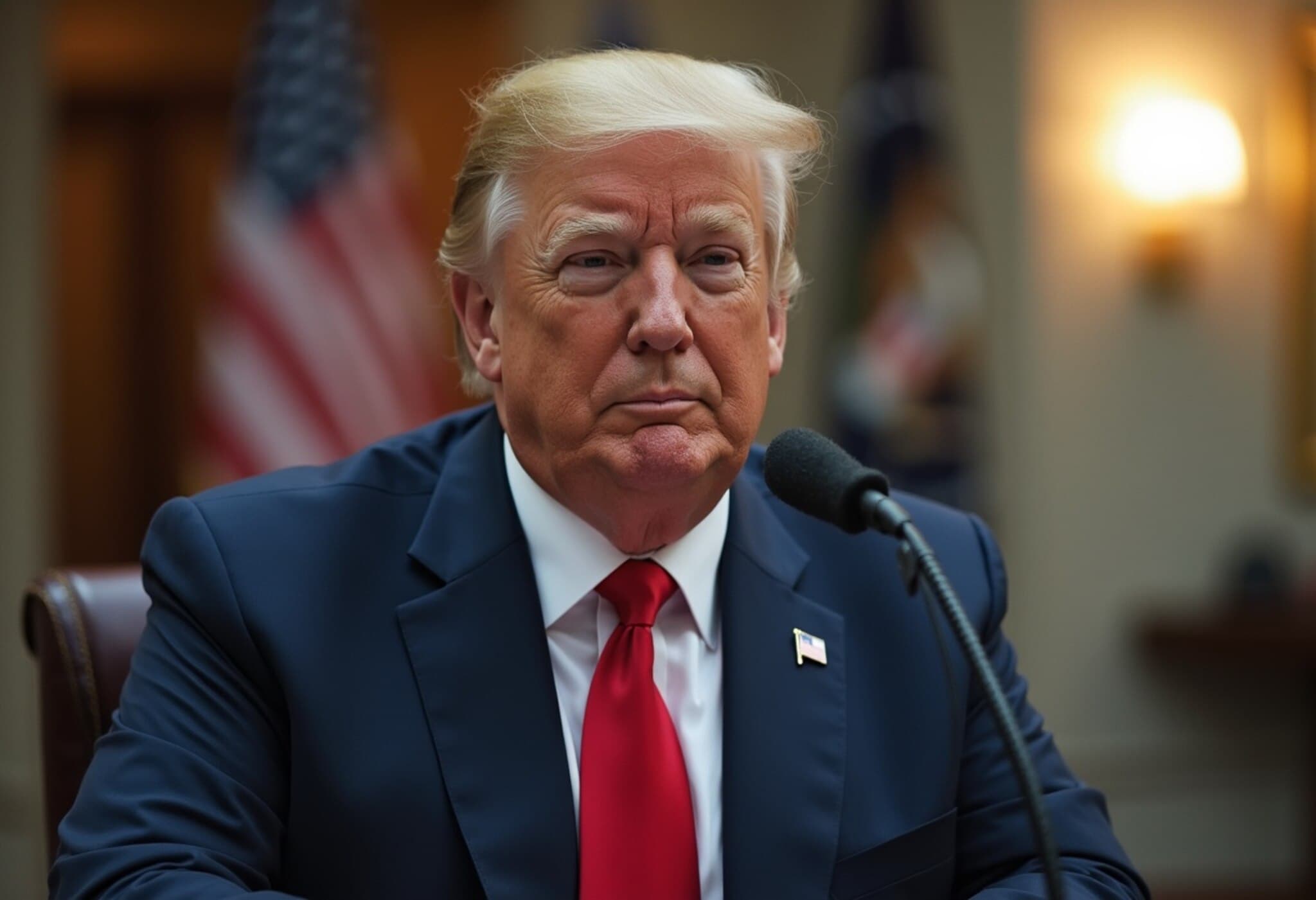Trump Voices Discontent Over Russia Amid Stalled Ukraine Peace Talks
On July 11, 2025, former US President Donald Trump publicly conveyed his frustration with Russia’s actions in the ongoing conflict with Ukraine, teasing a significant announcement to come on the following Monday. Speaking in a telephone interview with NBC News, Trump underscored his disappointment at the stagnation of peace efforts and highlighted recent developments regarding US military assistance to Ukraine.
Trump’s Criticism of Putin and Russia’s Continued Aggression
Trump did not mince words when discussing Russian President Vladimir Putin’s unrelenting offensive against Ukraine. Despite ongoing diplomatic conversations, the violence has intensified, with Russian forces escalating missile and drone attacks on Kyiv and other critical Ukrainian cities. Trump’s remarks suggest a growing impatience with Moscow’s apparent unwillingness to engage constructively, marking a shift from his previous more ambivalent stance.
Impending Major Statement and Sanctions Strategy
During the interview, Trump revealed that he plans to make a “major statement” on Russia on Monday. Although he refrained from divulging details, this announcement could signal a strategic pivot or new policy direction. Additionally, Trump addressed the forthcoming US Senate sanctions bill, which is championed by Senator Lindsey Graham of South Carolina, a known ally of the former president.
“They’re going to pass a very major and very biting sanctions bill, but it’s up to the president as to whether or not he wants to exercise it,” Trump stated, emphasizing the executive discretion involved in activating the sanctions.
US Arms Support to Ukraine Through NATO Funding
One of the more nuanced points Trump illuminated was the arrangement regarding military assistance to Ukraine. He explained that the US is supplying weapons to NATO, with allied nations bearing the full financial burden of these arms. This mechanism allows the US to support Ukraine militarily without directly expending US taxpayer funds on the weapons themselves. Trump noted:
“We’re sending weapons to NATO, and NATO is paying for those weapons, 100 percent. So, we’re sending the weapons out to NATO, which then provides them to Ukraine.”
This detail sheds light on the complex logistics and international cooperation underpinning the ongoing support for Ukraine, signaling Washington's efforts to maintain a united front with NATO allies.
Confusion Over Arms Shipment Pause
Interestingly, Trump expressed a lack of awareness regarding a recent decision by the US Secretary of Defense to pause or halt a planned weapons shipment to Ukraine. This gap in communication underscores potential tensions or coordination challenges within US defense and foreign policy circles.
Context: Rising Tensions and Diplomatic Efforts
Trump’s comments come against the backdrop of intensified diplomatic exchanges, including discussions between US Secretary of State Antony Blinken and Russian Foreign Minister Sergey Lavrov at the Association of Southeast Asian Nations (ASEAN) summit in Kuala Lumpur. Despite these talks, the conflict on the ground has worsened, with Russia launching record numbers of drone and missile attacks in recent weeks.
The stakes remain high as the international community watches closely. Trump’s impending announcement and commentary highlight divisions in US policy approach and the complex balancing act between diplomacy, military aid, and sanctions.
Expert Analysis: What Trump’s Remarks Could Mean for US-Russia Relations
From a policy analyst’s perspective, Trump’s hint at a ‘big statement’ might signal a strategic repositioning—either a harder line against Russia or potentially a recalibration of US engagement in the conflict. His emphasis on Senate sanctions bills aligns with the broader legislative push to tighten economic pressure on Moscow, a critical tool in American foreign policy aimed at curbing Russian aggression.
The novel approach of channeling arms to Ukraine via NATO financial backing also reflects Washington’s attempt to sustain support while managing domestic political sensitivities regarding the extent of direct US involvement.
As tensions persist, Trump’s evolving stance serves as a reminder that US policy on Russia remains dynamic and subject to influence by shifting political and diplomatic factors.
What Lies Ahead
- The content of Trump’s Monday statement may provide clearer signals regarding future US policy toward Russia and Ukraine.
- Senate sanctions legislation could expand financial and economic restrictions on Russia, impacting everything from energy exports to financial transactions.
- Ongoing NATO coordination will be critical in sustaining military and strategic support for Ukraine.
Editor’s Note
Trump’s public disappointment with Russia amid stalled peace talks highlights the persistent challenges in resolving the Ukraine conflict. His upcoming announcement, combined with shifting sanctions dynamics and complex arms support arrangements, illustrates the multifaceted nature of international diplomacy today. For readers, this raises pressing questions: How will changing US leadership perspectives influence the trajectory of the conflict? To what extent will NATO’s role evolve? And can diplomatic efforts keep pace with escalating violence on the ground?
This story remains a crucial lens to understand the fluid interplay between diplomacy, military strategy, and geopolitical power contestation in Eastern Europe.

